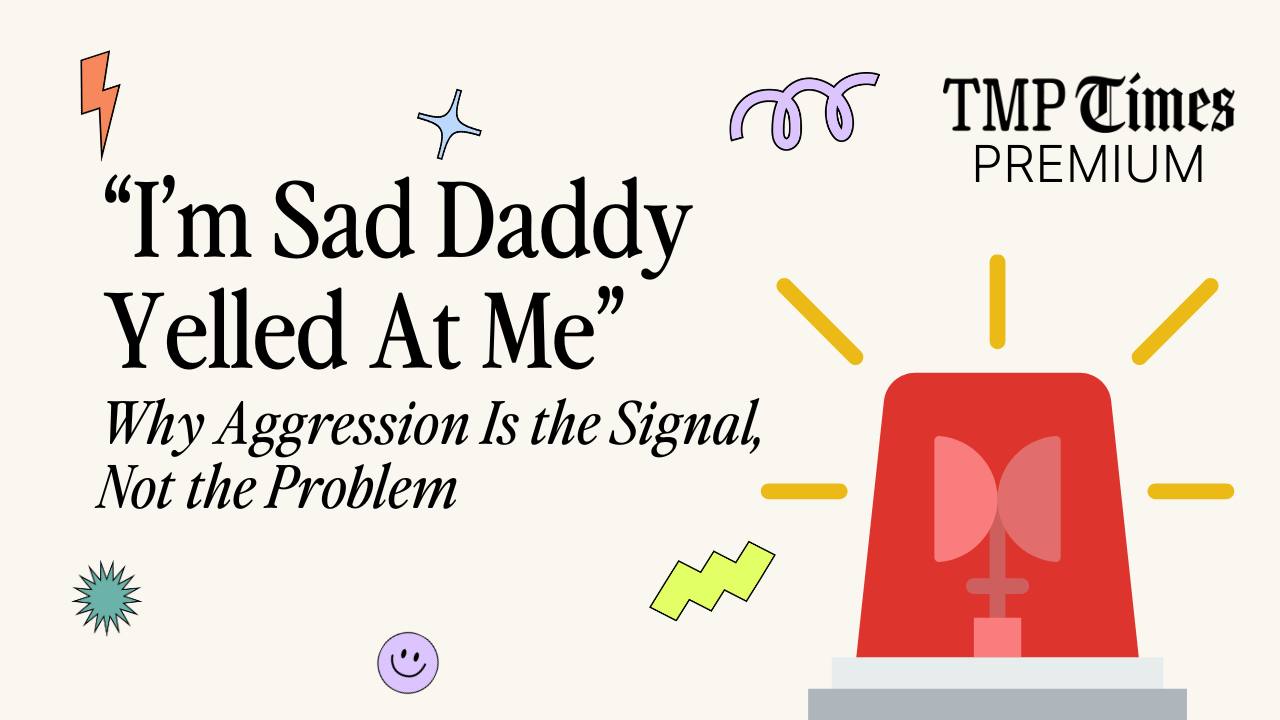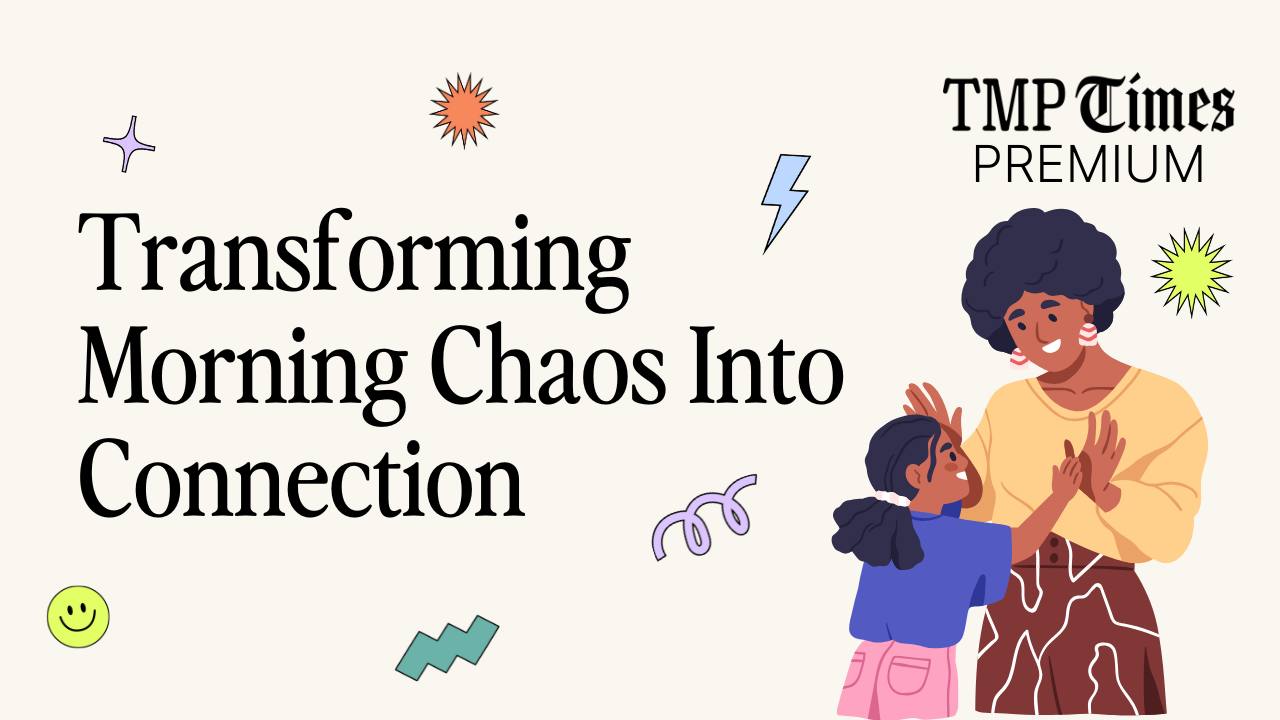4 Quick Steps to Stop Aggression and Nurture Social-Emotional Intelligence


Hey Dedicated Parents!
When my daughter started preschool, our family went through challenging phase that many parents can relate to.
Almost every afternoon, she'd come home from school full of pent-up emotions, often lashing out at her sister with unexpected aggression.
Throwing, pushing, yelling, crying.
As a parent and a psychologist, I found myself struggling to navigate these intense moments. Almost overnight, my once happy child turned into a very frustrated and angry girl.
It was shocking, concerning and downright triggering for me as a mom.
However, by digging deeper into the root causes of her behavior and consistently applying the strategies I'm sharing in this newsletter, we gradually saw positive changes.
It wasn't an overnight transformation, but with patience and perseverance, we found our way through the storm.
If you're in the thick of it right now, know that there's light at the end of the tunnel. Your diligence in understanding and addressing your child's needs will pay off.
In this email, we'll tackle the challenges that leave you feeling frustrated and helpless, including:
- Why your sweet child suddenly turns into an frustrated child (and how to handle it)
- A step-by-step guide to defuse anger and aggression—helping you stay patient while teaching your child valuable emotional skills
- 6 powerful strategies to end exhausting power struggles and regain control
- Expert answers to your burning questions about childhood aggression
- Exclusive resources to transform your parenting approach
- One simple action step to implement today for immediate results

Ready to bring peace back to your home? Let's dive in!

Part 1: Understanding Childhood Anger
Before we discuss strategies, it's crucial to understand why children often become angry or aggressive, particularly after school.
Think of your child as carrying an "emotional backpack" throughout their day. At school, they stuff their feelings inside this backpack to fit in, behave well, and meet expectations. When they return home to their safe space (you!), they're ready to unload all those pent-up emotions.
This release often comes out as anger or defiance because:
- They feel safe expressing big emotions with you
- They lack the skills to communicate their needs effectively
- They're overwhelmed and tired from holding it together all day
In my daughter's case, she was exposed to considerable anger and aggression from other children in her classroom. Worse still, she became a target of aggression on a few occasions.
She wasn't inherently "mean"; rather, she was acting out and trying to process what she had witnessed at school. Feeling powerless, confused, and upset, she came home to process, re-enact, and release those pent-up emotions.

Common Mistakes to Avoid:
- Taking defiance personally (this isn’t about you but there are things you can do things to help)
- Engaging in power struggles over small issues
- Assuming your child is being intentionally difficult (this leads us parents to feeling impatient, resentful and angry ourselves)
- Trying to reason with an angry child - This is often perceived as dismissing their feelings or attempting to talk them out of their emotions, which can intensify their anger.
Now that you understand common reasons for childhood anger and aggression, let's explore how to best respond in the moment with a step-by-step guide.




